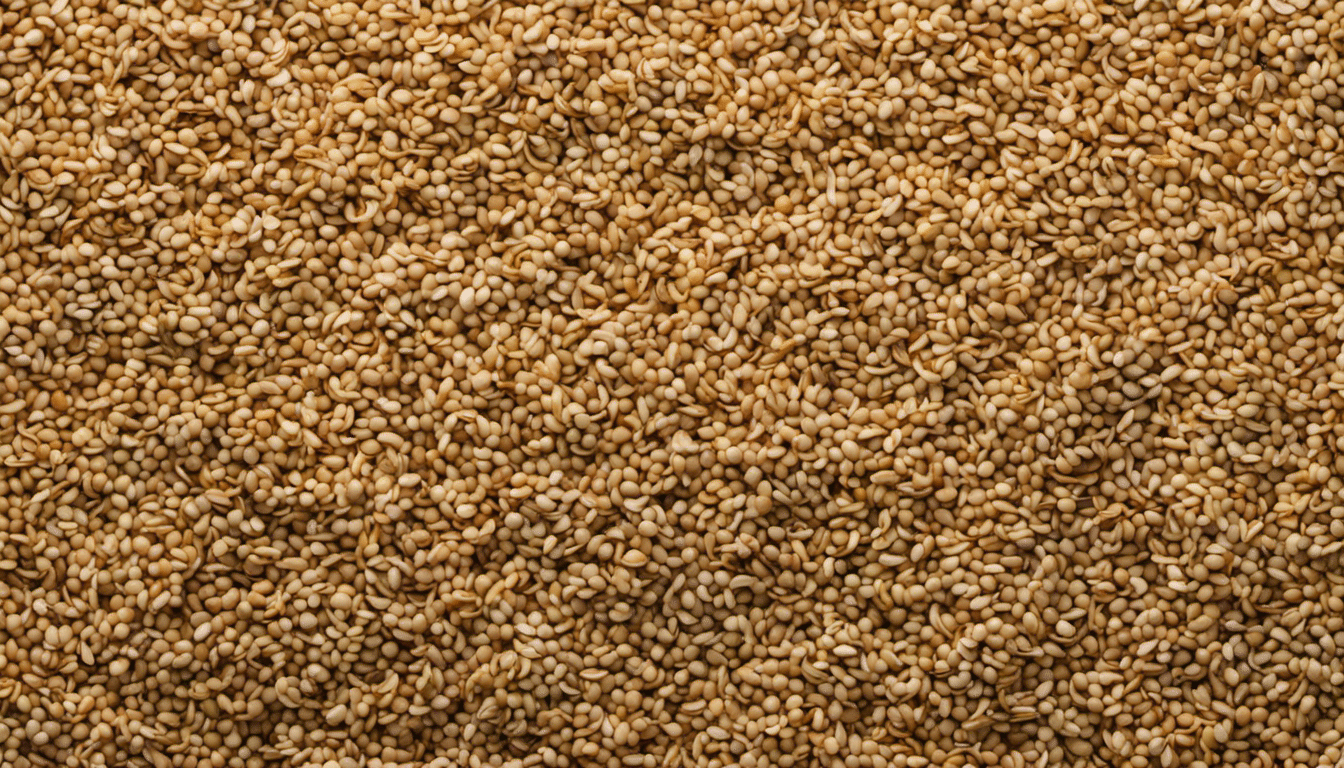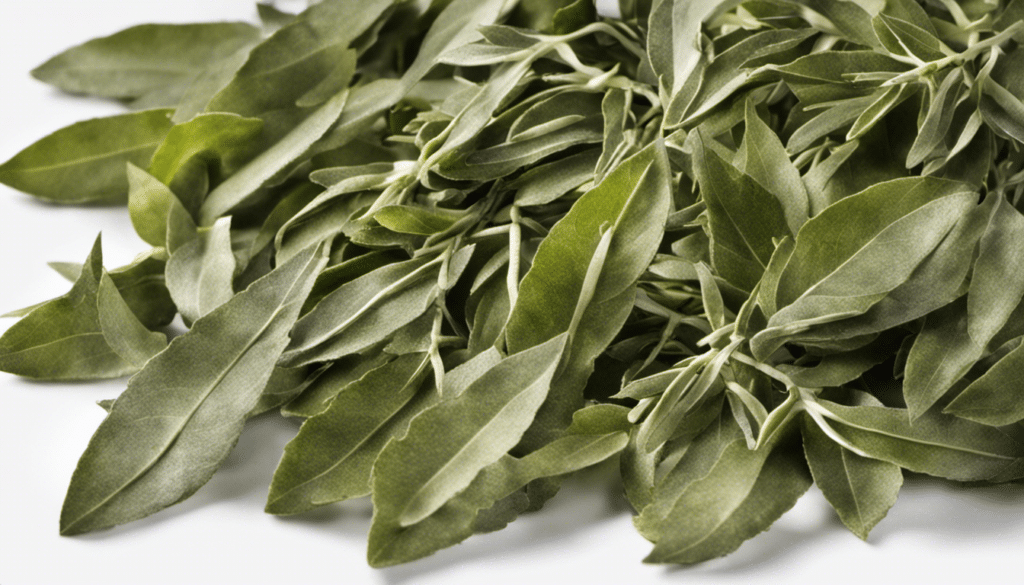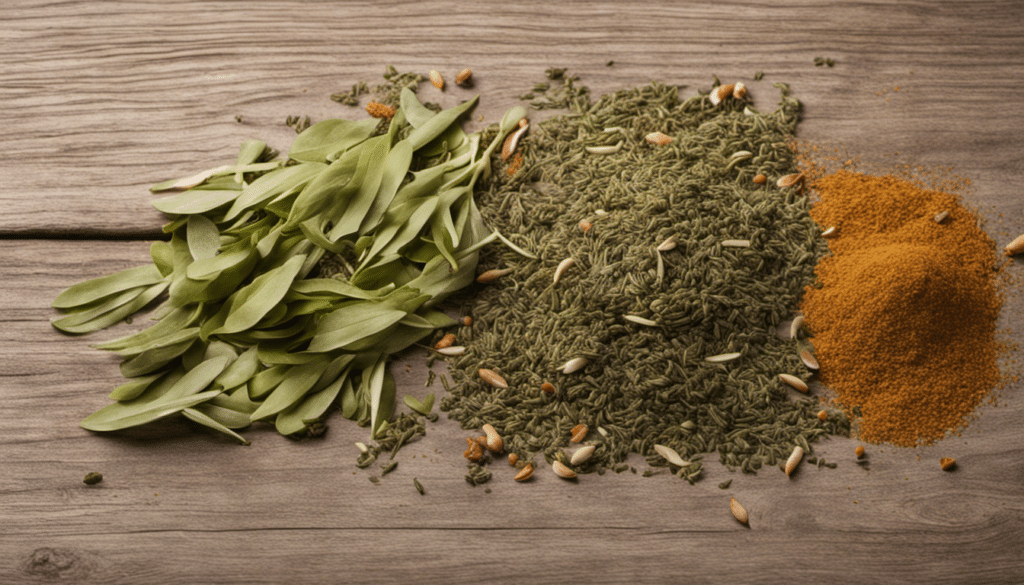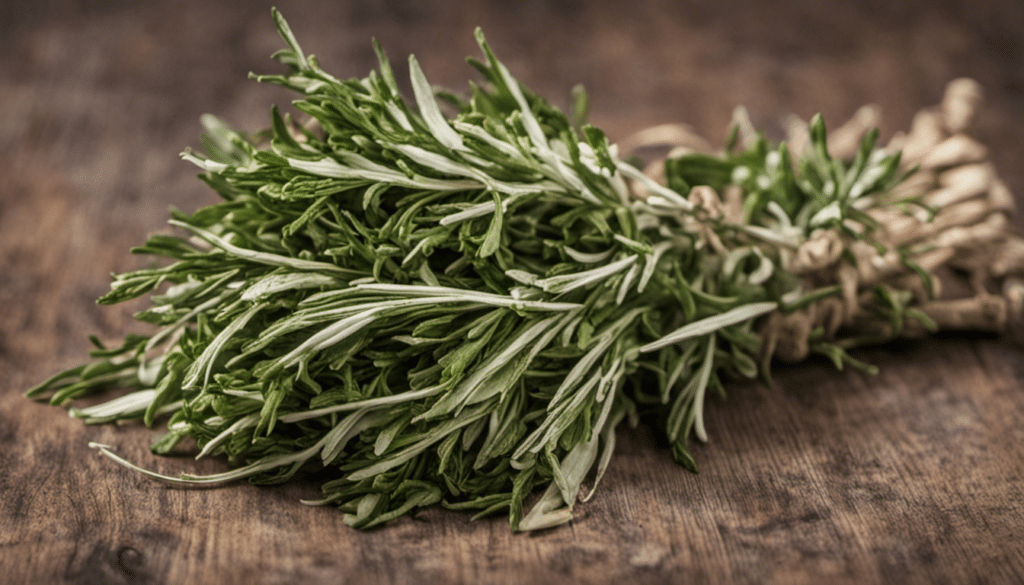Everything You Need to Know About Sesame Seed
Often sprinkled onto dishes as a garnish or used as a key ingredient in a variety of worldwide cuisines, sesame seeds are undeniably a staple in most pantries. There’s more to these tiny seeds than meets the eye — their rich, nutty flavor is only the beginning of what they have to offer.
Origins of Sesame Seeds
Sesame seeds are one of the oldest oilseed crops known to humanity. They originated in India and Africa over 3,000 years ago, quickly becoming widespread across the globe due to their adaptability to grow in many regions (Britannica). Sesame seeds are found in multiple colors depending on the variety, including white, black, and reddish-brown.
Also known as ‘Benne seeds’ in some parts of the world, sesame seeds hold a significant place in various cultural traditions. For instance, they symbolize immortality in some Greek myths and represent luck in Chinese wedding customs. (World-Food History).
Health Benefits of Sesame Seeds
Sesame seeds come packed with a multitude of health benefits. Thanks to their high content of healthy fats, vitamins, minerals, and fiber, these seeds can contribute to your overall health in numerous ways.
The richness of nutrients like magnesium, calcium, copper, and B vitamins in sesame seeds is believed to support heart health, control blood sugar levels, and even promote healthier skin and hair (WebMD). Plus, the presence of natural compounds called lignans and phytosterols in sesame seeds could aid in lowering cholesterol levels and improving overall heart health (American Heart Association).
Moreover, sesame seeds are a good source of dietary protein, which makes them a perfect addition to vegetarian and vegan diets. Not to mention, they are gluten-free, which makes them a great choice for people with wheat allergies or sensitivities (Healthline).
While the health benefits of sesame seeds are definitely impressive, it’s worth noting that to generate the most nutrients, they should ideally be consumed whole and unhulled.
So, the next time you pull out your bottle of sesame seeds to sprinkle on your bagel or stir-fry, just remember that these small, yet mighty seeds are providing you with more than just an added crunch — they’re furnishing you with a nutrient-rich boost to your day!
Sesame Seed Recipe Ideas
- Sesame-seed-crusted Salmon with Asian Greens
- Spicy Stir-fry with Pork and Sesame Seeds
- Sesame seed Bagels
- Thai Sesame Seed Peanut Sauce
- Roasted Vegetables with Sesame Seeds
- Sesame Seed Chicken Stir-fry
- Sesame Seed and Honey Roasted Almonds
- Cucumber and Sesame Seeds Salad
- Japanese Sesame Seed Soba Noodles
- Sesame Seed Teriyaki Chicken




